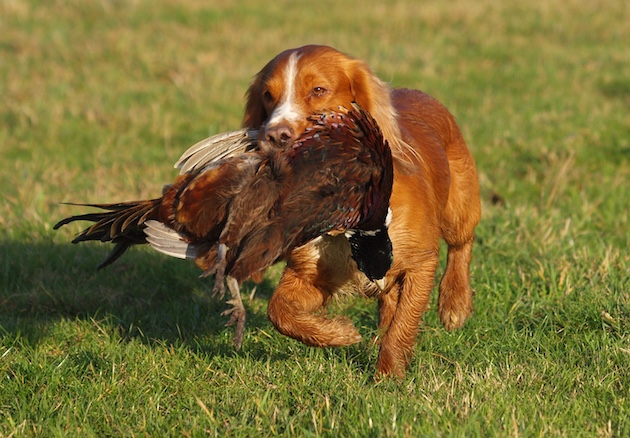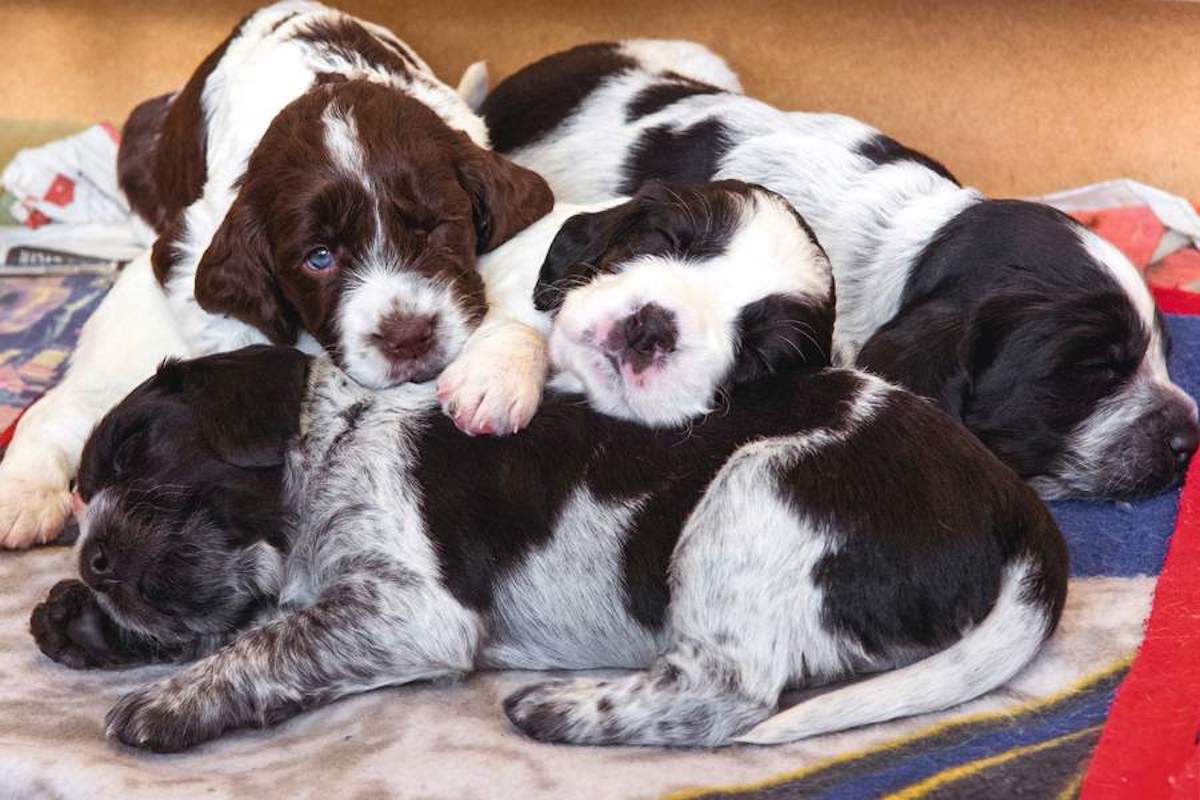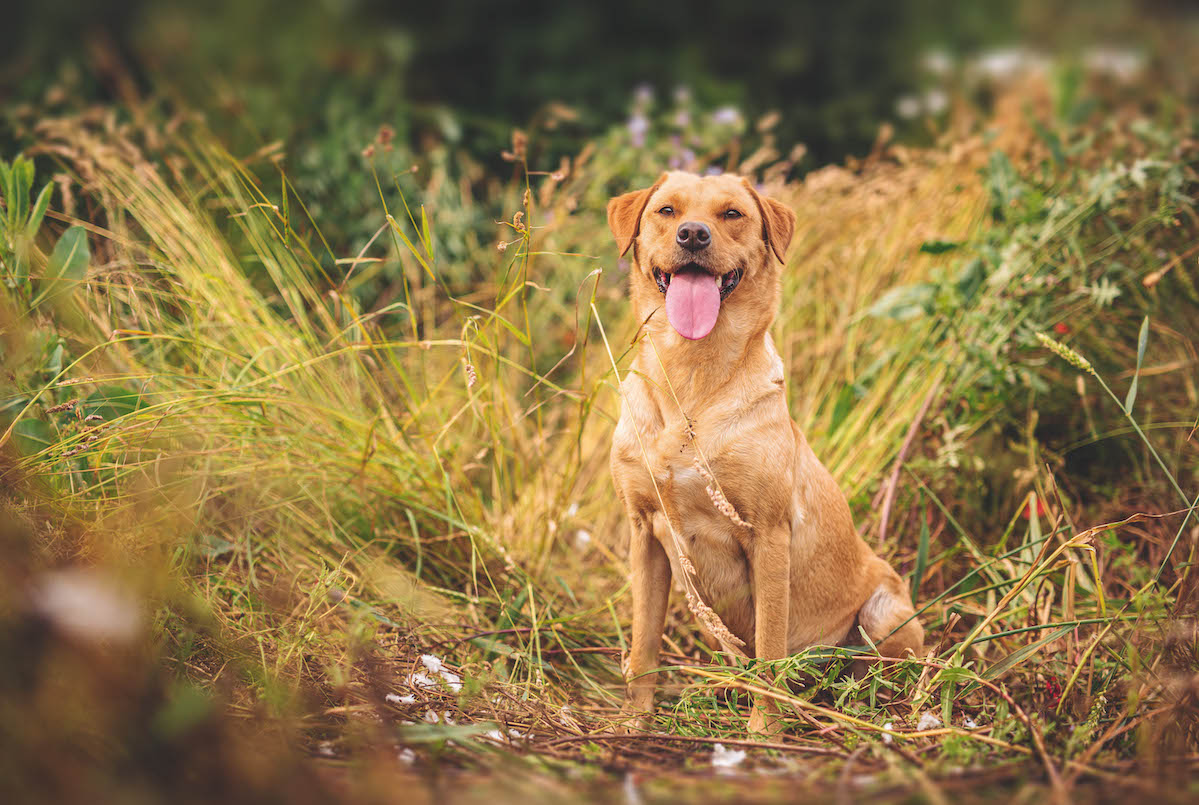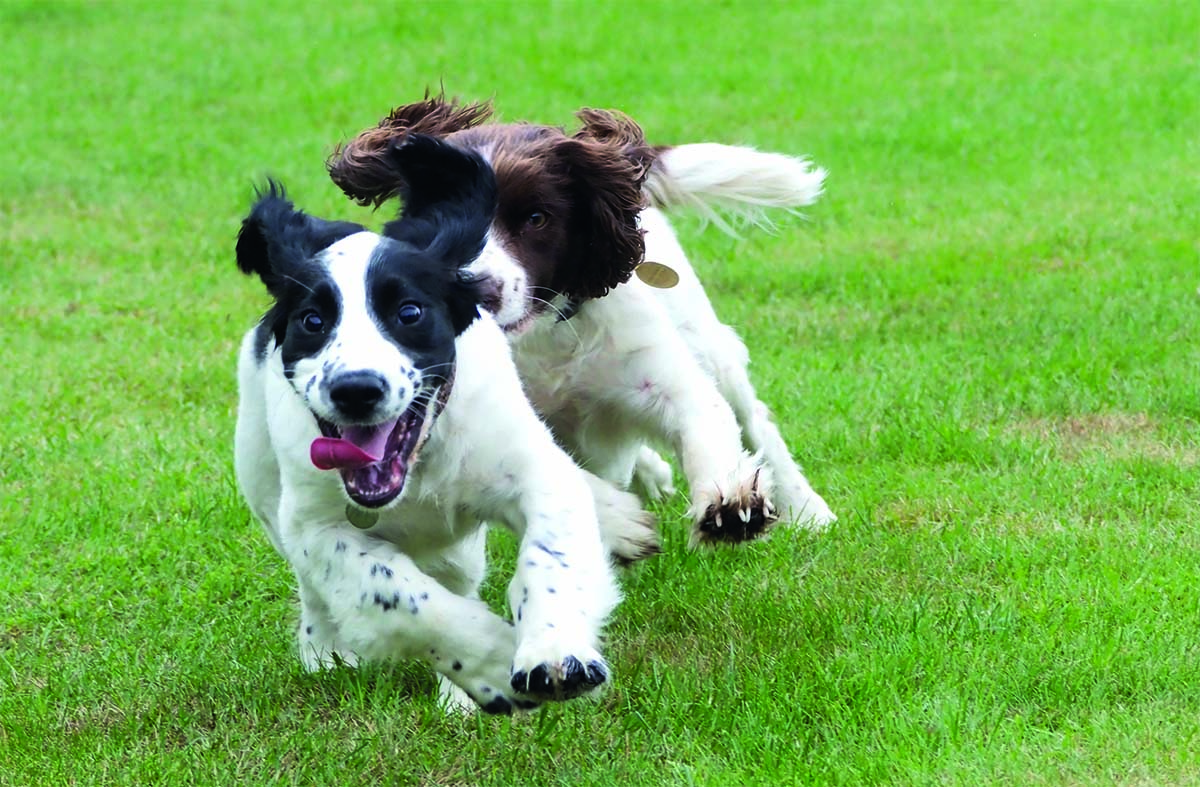We’re all cocker hoop
Which is better, cocker or springer? Many would say a springer but the popular cocker is pretty hard to beat

Cockers have no difficulty retrieving big cock pheasants
If you were planning to buy a puppy to train as a rough-shooting and beating dog, which would you get, a springer or cocker?
It’s a question I was asked recently by a reader. My correspondent added that he had never owned a dog before and that it would be a family pet for much of the year, but a worker most Saturdays during the season.
Former Shooting Times gundog columnist Peter Moxon would have advised an English springer, which he regarded as the ideal rough-shooter’s dog and the best all-rounder.
He backed this up by saying that English springers of working stock “are natural hunters and retrievers, love working in cover and water, and are easy to train”. Apart from the “easy to train” part, I’d agree with all this.
Springers can be headstrong and I have come across a few that were as trainable as a wild goshawk.
Moxon’s second choice as a working dog was the cocker — he was an admirer of the breed’s “lovely, fast, happy action” but he thought that cockers tended to be rather more selfish than English springers and not so easy to train.
He wrote that 70 years ago, and my feeling is that the modern cocker is a very different dog than it was back in the middle of the past century.
I’d love to know what Moxon would have made of the 21st-century cocker — I suspect he would have been impressed not only with the smaller dog’s ability but also how biddable the breed has become. Both cockers and springers are bred to do the same thing, so when it comes to work there’s not much to choose between them.
Well-trained examples of either breed will hunt even the densest of cover with the same passion, and both are enthusiastic with similar powers of endurance.
Retrieving
I’ve seen even the tiniest of cockers retrieve big cock pheasants, but if you want your dog to retrieve geese then the bigger springer is a better bet.
However, I do recall once shooting a right-and-left at Canadas in Northamptonshire and both birds fell on the far bank of the River Nene. My springer bitch swam to retrieve them but after attempting to pick them up gave me one of those ‘you’ve got to be joking’ looks before swimming back empty-mouthed. The geese were eventually picked by a Labrador.
However, my springer had never been asked to retrieve such a heavy bird before and I’m sure with practice she would have been able to manage.
An old Canada gander might weigh as much as 5kg, so it would be a challenge for a small cocker that might weigh only twice that. If you want your spaniel mainly for picking-up, opt for a springer.
Wildfowling
I’ve met a surprising number of springers that were competent wildfowling dogs, but few cockers. While both breeds may love water, the bigger springer has the advantage of being a more powerful swimmer — an important factor below the sea wall but also significant if retrieving mallard from a flight pond.
But for everything else, do you really need a springer when the smaller dog can cope equally well?
Springers and cockers no longer compete against each other in field trials, so it’s difficult to compare the two hunting the same ground.

English springers are arguably the most versatile breed of gundog
My fellow Shooting Times contributor Lindsay Waddell tells me that many years ago he watched his first-ever spaniel trial at Glamis Castle in Angus. It was back in the days when cockers and springers competed against each other and Lindsay was fascinated to see Bill Bremner handle a cocker to victory, “winning the stake fair and square and running 15 springers into the ground”.
Cockers were scarce 30 years ago, but Lindsay was sufficiently impressed to ask Bill whether, if he ever bred any pups, he could have one. A few months later he took delivery of his first cocker, Debbie, beginning “his love affair with the wee dogs, while my days of keeping springers were numbered”.
Lindsay trialled his cockers with success. “Debbie and her successors gave me huge pleasure and seldom let me down, with a good number of awards including an open winner. They also proved exceptional picking-up dogs on the grouse moor.”
Lindsay is one of several people I know who started with springers but switched to cockers. Intriguingly, I’ve never known anyone change from cockers to springers. I’ve had springers for nearly 40 years but I advised my correspondent he was unlikely to go wrong with a good working cocker.








